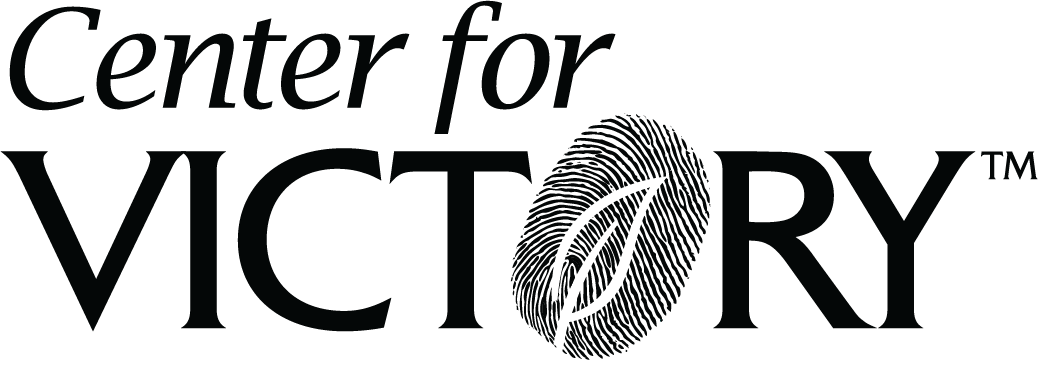Episode 187: The Power of Accountability
Accountability is a Mindset
In this week’s podcast episode, Chief Victory Officer, Eric Guy is joined by the CEO of Allegheny Construction Group, Paul Martin. Together, they dive into the essentials of accountability and its impact on both personal and professional growth.
In this week’s podcast episode, Eric Guy, Chief Victory Officer, sits down with Paul Martin, CEO of Allegheny Construction Group, to discuss a topic fundamental to both personal and professional success: accountability. As they explore the concept, they share powerful insights and practical advice on how adopting a mindset of accountability can lead to growth and transformation in all areas of life.
The Essence of Accountability
At the heart of their conversation, Eric and Paul underscore that accountability begins with commitment. It’s not just about meeting expectations; it’s about honoring the promises you make to yourself and others. Paul Martin emphasizes that being accountable involves taking ownership of your actions, your outcomes, and the commitments you undertake. This process requires a deep level of self-awareness and honesty. As Paul puts it, “When you tell someone you’re going to do something, you follow through.”
This commitment isn’t just a one-time effort; it’s a continuous practice. When we make a promise or set a goal, we engage not only our skills and resources but also our integrity and character. Accountability is fundamentally about maintaining a high standard for ourselves, ensuring we don’t let others down—and equally important—don’t let ourselves down.
Setting Clear Expectations
To maintain accountability, it’s essential to set clear expectations. Both Eric and Paul discuss the importance of defining what success looks like at the outset of any task or project. Without a clear understanding of the desired outcomes, it’s easy to lose direction or falter when challenges arise. This is where many people struggle. “You’re going to come out swinging, or you’re just going to lay over and get knocked out,” says Paul, illustrating the all-or-nothing mindset needed to stay accountable.
By establishing clear expectations, individuals can better hold themselves and others accountable. This clarity helps prevent misunderstandings and sets a solid foundation for progress. When everyone knows what is expected, it becomes easier to measure success, address shortcomings, and make necessary adjustments along the way.
Tracking Progress and Growth
Another key aspect discussed in the podcast is the importance of tracking progress. Keeping track of your actions and outcomes is more than just a practical tool; it’s a way to foster growth and learning. It enables you to see patterns and trends in your behavior and decision-making, which can help identify areas where you excel and areas that need improvement.
Paul highlights that being accountable is not about perfection but about progress. “When you start down the path of taking ownership, it doesn’t stop.” Consistently tracking progress reinforces the accountability mindset and makes it easier to course-correct if you stray from your goals. It also provides tangible evidence of growth, which can be incredibly motivating.
Accountability as a Mindset
As discussed by Eric and Paul, being accountable much more than a set of actions or behaviors—it’s a mindset. This mindset involves a proactive approach to challenges and opportunities alike. It means being willing to own up to mistakes, learn from them, and move forward with a renewed sense of purpose.
A crucial element of this mindset is understanding that accountability is not a solo journey. “It’s easier to walk with someone than to push someone,” Paul notes, emphasizing the value of support and collaboration. Surrounding yourself with people who hold you accountable can provide encouragement and perspective. It also helps to create a culture of accountability, where everyone is committed to their responsibilities and goals.
The Impact of Accountability on Growth
The conversation between Eric and Paul also touches on the transformative impact accountability can have on both personal and professional growth. When we hold ourselves accountable, we cultivate discipline, build trust, and develop resilience. Accountability pushes us to step outside of our comfort zones and confront our limitations. In doing so, we not only enhance our capabilities but also inspire those around us to strive for excellence.
For leaders like Paul Martin, fostering a culture of accountability within an organization is essential. It builds a sense of ownership among team members, encourages open communication, and drives collective success. As Paul puts it, “When you start down the path of taking ownership, it doesn’t stop.” The ripple effect of accountability extends far beyond individual actions; it creates an environment where everyone is motivated to perform at their best.
Conclusion: The Ongoing Journey of Accountability
As the podcast episode concludes, it becomes clear that accountability is not a one-time act but an ongoing journey. It requires commitment, clarity, tracking, and a mindset geared towards growth. Whether in personal endeavors or professional settings, embracing accountability can lead to profound transformation.
Eric Guy and Paul Martin remind us that accountability is a powerful tool for achieving our goals and a vital component of living with integrity and purpose. As you listen to their conversation, consider how you can incorporate these principles into your life. Remember, the path to growth starts with taking ownership of your actions—and that journey never truly ends.
Make this your BEST DAY YET! Learn more at resources.CenterForVictory.com.
Search Podcasts
Recent Episodes
Subscribe!
Thanks for subscribing! Please check your email for further instructions.
